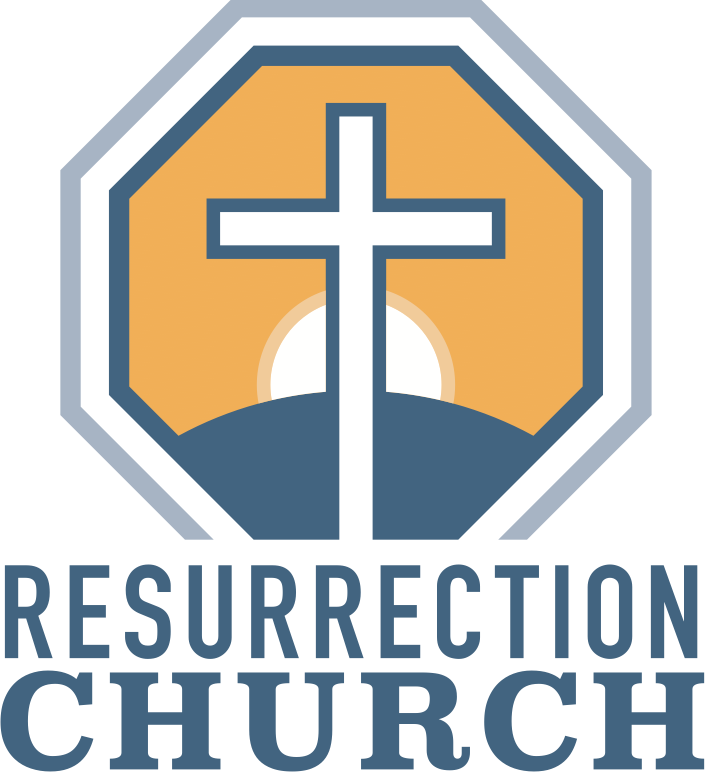Sermon Text:
Exodus 20:12
Throughout our series on the ten commandments we have been arguing that the ten commandments act as ancient bill of right ensuring that the Israelites promote freedom and flourishing throughout their society. We have noted that many of the ideas contained in the ten commandments are quite revolutionary. So how does this command to honor your father and mother fit into that picture? Why does this command have a promise attached to it? Could there be a less revolutionary commandment than this one? We will answer all of these questions and learn how the command to honor your mother and father does create a radically different society.
